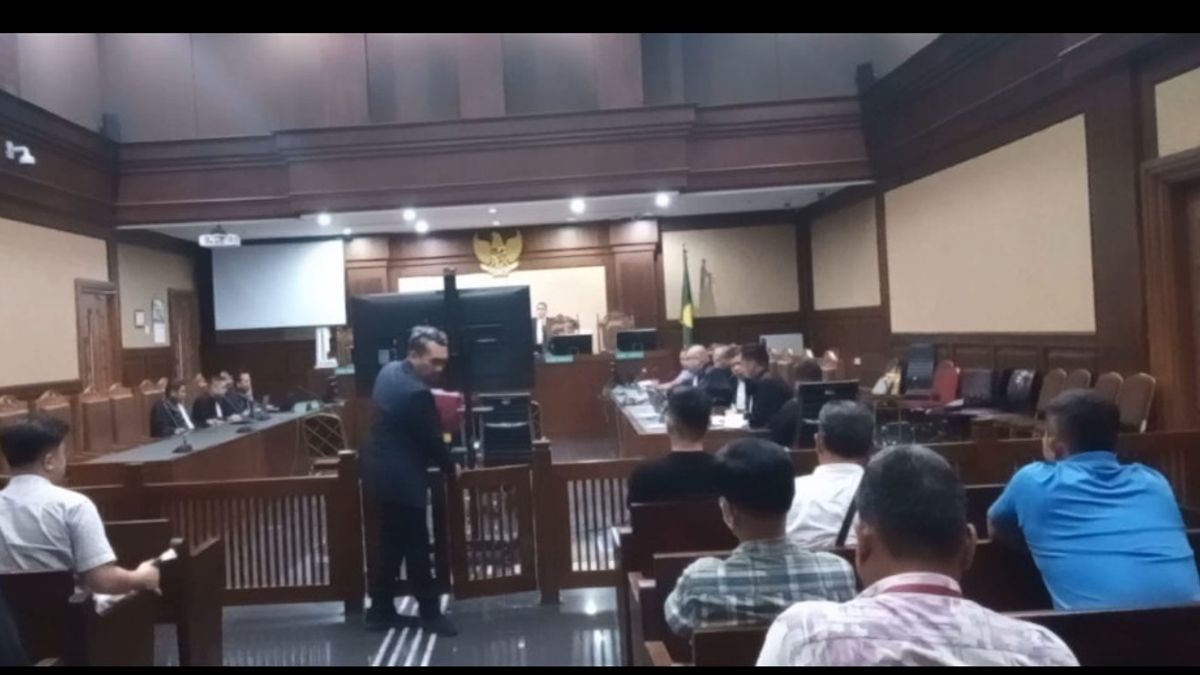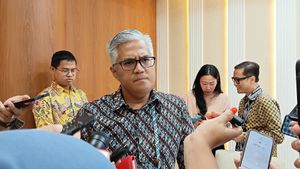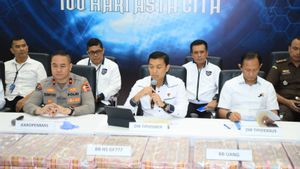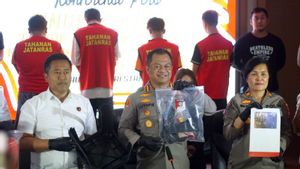JAKARTA - Criminal and Corporate Actors Prof. Dr. Jamin Ginting, SH, MH, M.Kn said that in the case of corruption in tin trading system with state losses of Rp. 300 trillion, it is more appropriate to enter the administrative realm that uses the Minerba Law and the Environment rather than using it against the Anti-Corruption Law.
"In the context of using the calculation of state losses using the Environmental Law, administrative and criminal sanctions have actually been regulated, so why should it be used by corruption laws there. Because Law 32 on environmental management does not contain any articles governing corruption, this case must be withdrawn to the provisions of environmental crimes. So there is no criminal act of corruption in that case, unless it is proven that bribery is in the management of permits or others, then refers to the corruption law," said Jamin Ginting at the Corruption Court. Central Jakarta, Monday (25/11/2024).
This Pelita Harapan University lecturer also assessed that the prosecutor's actions in using the regulation of the Minister of Environment and Forestry No. 7 and the Environmental Law in calculating state losses in the tin corruption case were not appropriate because in the Environmental Law it was stated that the authorities who carried out the investigation were the police and PPNS so that in this case the AGO investigators had taken this authority.
"Based on the provisions of the Criminal Procedure Code, both in Articles 6 and 7 it is very clear that what investigators mean is the Indonesian National Police and what is meant by investigators is the police and PPNS. So there is no mention of the prosecutor's office, the authority should be PPNS investigators and the police. This is a weakness of our law, everyone wants to be investigators, so the prosecutor also wants to be an investigator," he added.
SEE ALSO:
"Thus, the application of corruption articles is actually irrelevant here because what applies is only the provisions of the Environmental Law, not the Anti-Corruption Law," he said.
The Lecturer of the Law Study Program at Pelita Harapan University also emphasized that law enforcers (Jaksaaan -Red) should not only focus on Article 2 and Article 3 of the Anti-Corruption Law, because there are other articles such as Articles 5, 6, 7, and 8 as if they are also needed.
"We need to make corrections to this matter. This means that our law needs to be addressed, as well as the way of law enforcement, so that not all criminal acts of corruption are only seen from Article 2 and Article 3, there are still many other articles that need further exploration," he said.
The same thing was conveyed by Professor of Law at Padjadjaran University, Prof. Dr. H. Romli Atmasasmita SH., LLM stated that Article 14 of the Corruption Law in handling corruption cases has limits.
Then what if there are cases involving mining problems that have never been handled and in the Mining Law there is no reference related to corruption crimes there, Romli stated in Article 14 of the Anti-Corruption Law that if there are violations in other laws that do not lead to corruption, then what applies is that the mining law is not the Anti-Corruption Law based on the principle of legality.
The English, Chinese, Japanese, Arabic, and French versions are automatically generated by the AI. So there may still be inaccuracies in translating, please always see Indonesian as our main language. (system supported by DigitalSiber.id)












